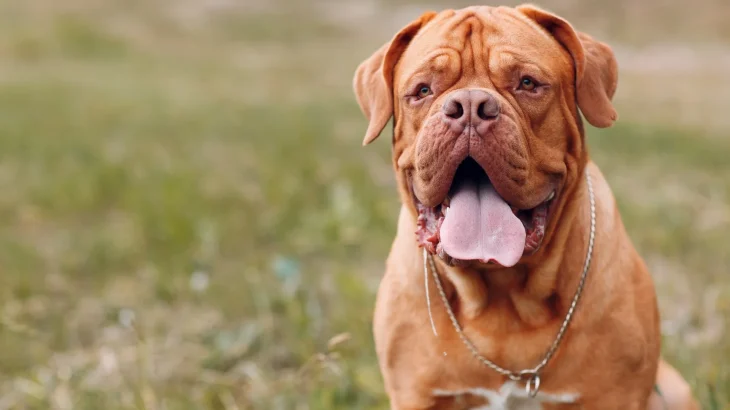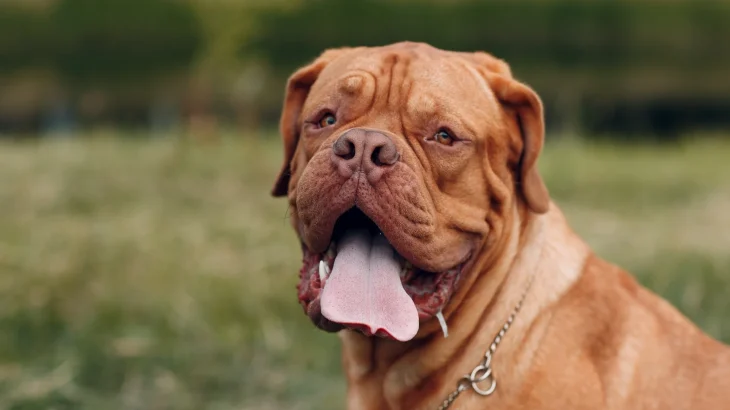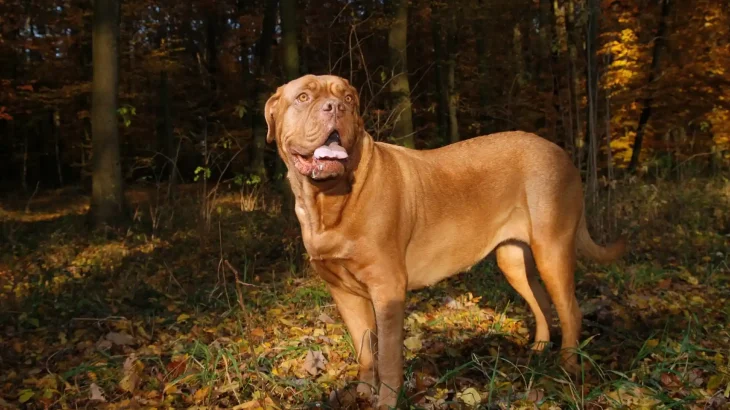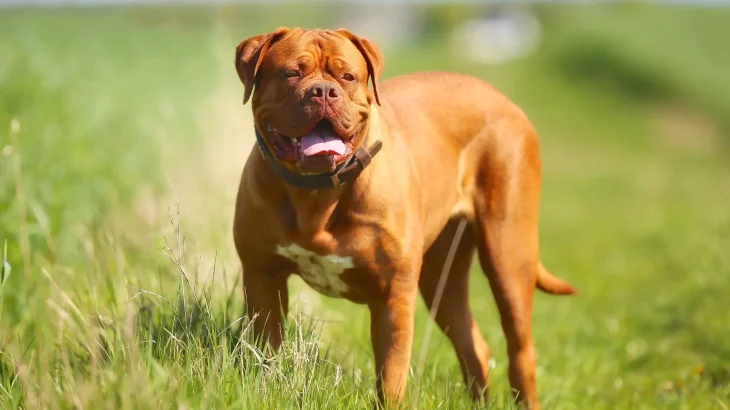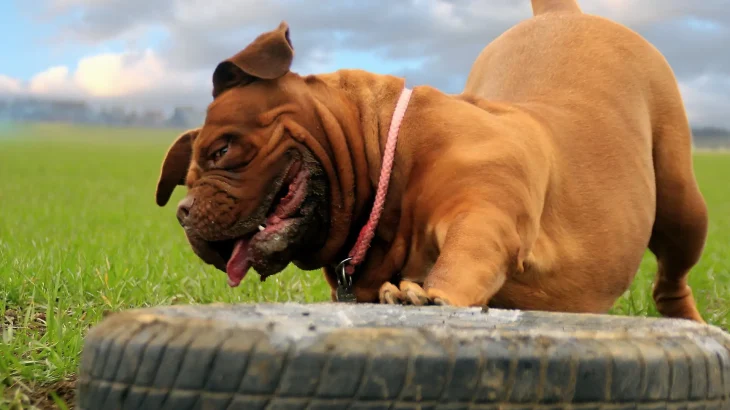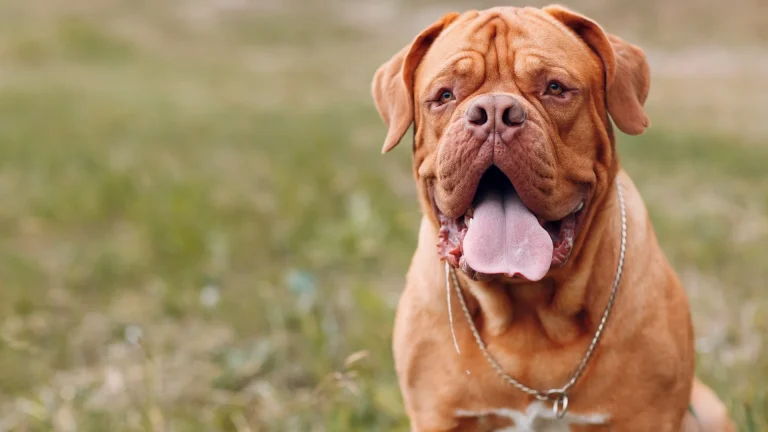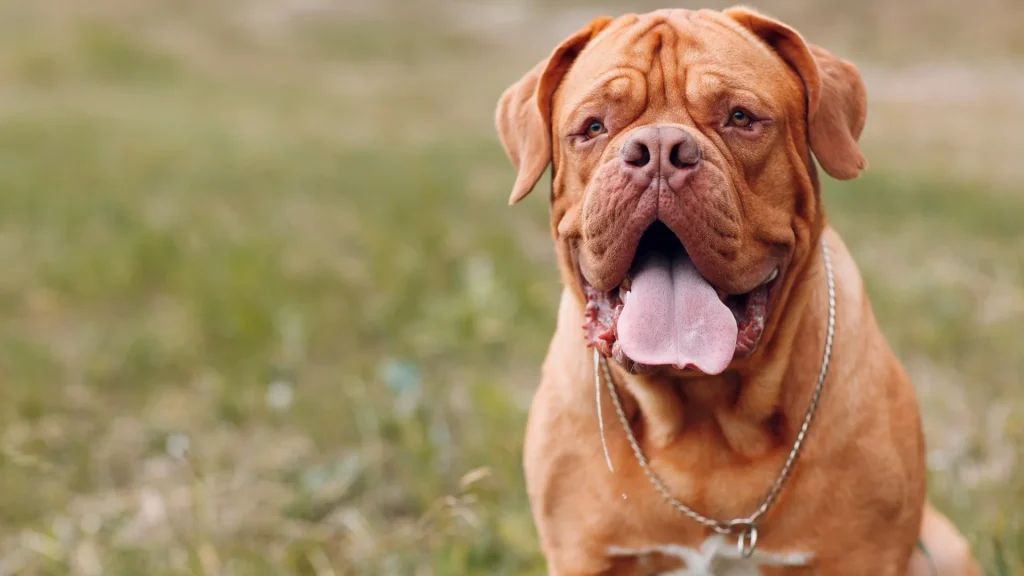When deciding between adopting or purchasing a French Mastiff puppy, the choice largely hinges on factors like cost, health transparency, and ethical considerations. Buying from a breeder often comes with detailed pedigree information and a clearer health background, while adoption can offer the rewarding chance to save a dog in need, sometimes at a lower cost.
Adoption vs. Breeder: Pros & Cons
| Criteria | Buying from Breeder | Adopting from Shelter/Rescue |
|---|---|---|
| Cost | Typically higher, often $1,500 to $3,000 for a French Mastiff puppy. | Usually lower fees, around $100 to $300, varying by organization. |
| Health History | Comprehensive health screening and genetic testing provided. | Health history might be incomplete or unknown, but basic checks done. |
| Age Availability | Primarily puppies, allowing early bonding and training. | Varied ages, including adults; puppies less common. |
| Temperament Insight | Breeders can share parent and lineage temperament info. | Shelter staff can provide behavior observations, past often unknown. |
| Ethical Considerations | Supports responsible breeding if reputable; risk of unethical breeders if not careful. | Supports animal welfare by rescuing dogs and reducing shelter populations. |
| Return Policy & Support | Often offers contracts and support on health or behavior issues. | Limited return policies; support varies by shelter or rescue. |

